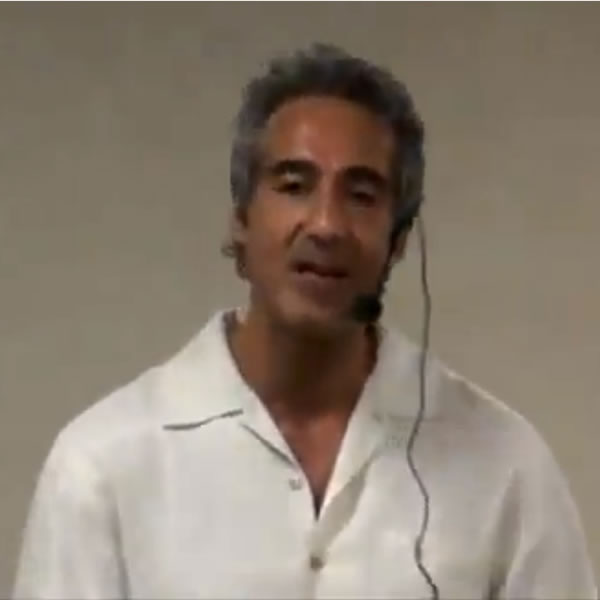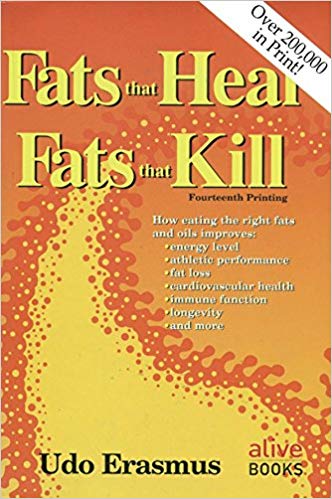By Ben Fuchs | Pharmacist Ben
Did you know melatonin is as much a digestive hormone as it is a brain hormone? Everyone knows you can take melatonin to help you sleep, but it’s actually involved in much more than brain health. In addition to being an important digestive hormone, melatonin is involved in supporting the body’s defense system. It has anti-inflammatory properties, it can help lower blood pressure, stabilize blood sugar, and it’s been used medically for anti-fibrosis properties. And that’s not all. Savvy practioners have used it to treat tinnitus and fibromyalgia as well. It can help build bone. And it’s a powerful anti-aging molecule that helps prevent cancer too. That’s a lot of benefits for a non-toxic supplement that will cost you less 2 cents a dose!
 Levels of melatonin and the alertness hormone serotonin cycle back and forth, with dark of night and light of day. Serotonin, the hormone which promotes vigilance and awareness of the environment, is secreted in response to the sun as perceived by the pineal gland, while the production of it’s hormonal partner melatonin, predominates at night. This back and forth dance of hormones with day-night cycles is part of what biologists call a circadian (daily) rhythm.
Levels of melatonin and the alertness hormone serotonin cycle back and forth, with dark of night and light of day. Serotonin, the hormone which promotes vigilance and awareness of the environment, is secreted in response to the sun as perceived by the pineal gland, while the production of it’s hormonal partner melatonin, predominates at night. This back and forth dance of hormones with day-night cycles is part of what biologists call a circadian (daily) rhythm.
The book “Lights Out” makes the important point that the prevalence of 21st century 24/7 lighting has had a disastrous effect on the melatonin-serotonin manufacturing rhythms which depend on day-night circadian cycle. According to the author T.S Wiley, because of its relationship to eating behavior, one of the effects of the excessive amount of light induced serotonin production is food craving, especially for carbohydrates. How much of a contribution this modern day circadian chaos contributes to the obesity epidemic is hard to say, but at least according to Wiley it’s not insubstantial.
If you want to make sure you’re getting enough melatonin, it’s probably a good idea to take some supplementally at bedtime, 5-7 nights a week. It’ll help you fall and stay asleep and it’ll give you some pretty intense dreams too. Take at least 3mg doses and you could probably take 5 or 6mg. Melatonin is cleared out of the body quickly and it’s pretty much benign stuff. I like the sublingual kind that dissolves under tongue. They get right into the blood through microscopic sublingual capillaries and go to work really fast. I feel drowsy within minutes. There’s also melatonin found in foods. Rice corn mustard seed peanuts and walnuts all contain substantial amounts of melatonin. Tart cherries have especially high concentrations of melatonin. Just a couple or three can get you nearly 1.5mg of the important, multi-beneficial hormone.


 Among the most toxic classes of drugs are the beta blockers. These drugs work by suppressing (blocking) the nerves that activate cardiac muscle. Technically, they block the “beta” nerves which are a component of the electrical enervation system of the heart. And that’s why doctors love these things so much. They slow down the heart. And what’s so great about slowing down the heart? Well, the way the medical model professionals look at it, by slowing down the electrical activity of the heart you can slow down pumping action thereby reducing the pressure of blood flow. That’s why if you go to your doctor and get diagnosed with hypertension, the odds are pretty good you’re going to leave the office with a prescription for a beta blocking drug like atenolol or propranolol or metoprolol. Doctors also love to use beta blocking drugs for arrhythmias and tachycardias, both of which can be caused by high heart muscle activity. In the addled and convoluted logic of iatrochemical health care (using dugs to create health), shutting down the heart is a good thing because it can slow down hyperactivity and lower blood pressure by reducing pumping action
Among the most toxic classes of drugs are the beta blockers. These drugs work by suppressing (blocking) the nerves that activate cardiac muscle. Technically, they block the “beta” nerves which are a component of the electrical enervation system of the heart. And that’s why doctors love these things so much. They slow down the heart. And what’s so great about slowing down the heart? Well, the way the medical model professionals look at it, by slowing down the electrical activity of the heart you can slow down pumping action thereby reducing the pressure of blood flow. That’s why if you go to your doctor and get diagnosed with hypertension, the odds are pretty good you’re going to leave the office with a prescription for a beta blocking drug like atenolol or propranolol or metoprolol. Doctors also love to use beta blocking drugs for arrhythmias and tachycardias, both of which can be caused by high heart muscle activity. In the addled and convoluted logic of iatrochemical health care (using dugs to create health), shutting down the heart is a good thing because it can slow down hyperactivity and lower blood pressure by reducing pumping action One of the most obvious consequences of an albumin deficiency is swelling and edema. That’s because without albumin trapping fluid it tends to leak out of the blood and into the tissues. Albumin can also be thought of as a fluid expander for the blood; without it blood can become thick and sludgy and more prone to clot. Albumin levels can drop significantly in the case of burns or blood loss. This loss of albumin can be serious and if it’s severe it can even be life threatening, and doctors will inject a pharmaceutical version of albumin into the blood as a replacement.
One of the most obvious consequences of an albumin deficiency is swelling and edema. That’s because without albumin trapping fluid it tends to leak out of the blood and into the tissues. Albumin can also be thought of as a fluid expander for the blood; without it blood can become thick and sludgy and more prone to clot. Albumin levels can drop significantly in the case of burns or blood loss. This loss of albumin can be serious and if it’s severe it can even be life threatening, and doctors will inject a pharmaceutical version of albumin into the blood as a replacement. Technically inulins and FOS are “fructans” which are long molecular chains of the fruit sugar known as fructose. By linking many fructose molecules together, the characteristic sweetness of the fruit sugar is dampened and its spiking effects on blood sugar are mitigated. From a chemical structure standpoint the only difference between inulin and FOS involves their sizes (lengths) with FOS molecules, basically being little inulin chunks or short chains of fructose that are formed by the breakdown of the parent inulin element.
Technically inulins and FOS are “fructans” which are long molecular chains of the fruit sugar known as fructose. By linking many fructose molecules together, the characteristic sweetness of the fruit sugar is dampened and its spiking effects on blood sugar are mitigated. From a chemical structure standpoint the only difference between inulin and FOS involves their sizes (lengths) with FOS molecules, basically being little inulin chunks or short chains of fructose that are formed by the breakdown of the parent inulin element.








